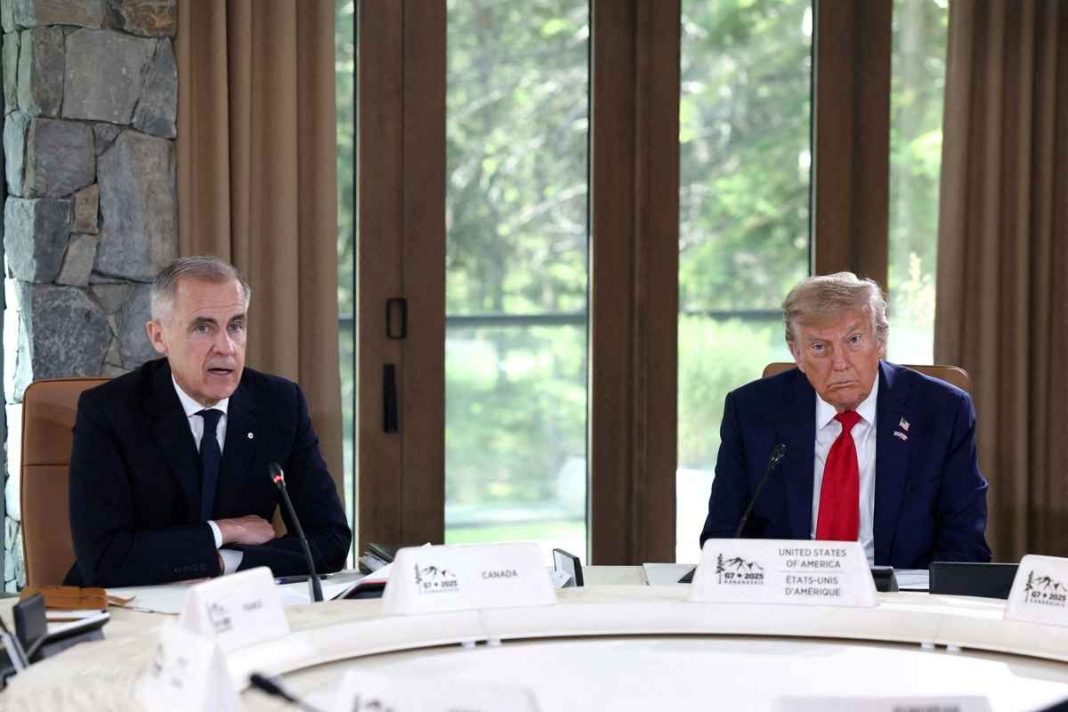Canada has officially decided to halt the implementation of its planned Digital Services Tax (DST), stepping back just before its scheduled rollout. The move comes in response to escalating pressure from the United States, led by President Donald Trump, who strongly opposed the measure. The DST was designed to place a 3% levy on revenue earned by foreign digital giants from Canadian users, but controversy around its retroactive scope and economic impact led to its abandonment.
Understanding Canada’s Digital Services Tax
Initially, the DST aimed to fill a taxation gap targeting major international tech companies operating in Canada without paying their fair share. The proposed tax would have applied to digital service companies with global revenues over $750 million and Canadian revenues exceeding $20 million annually. The idea was to secure equitable contributions from digital platforms benefiting from Canadian markets. However, Washington saw it as a threat to its tech industry and quickly mobilized against it.
Projected Economic Impact
Had the DST gone forward, it could have generated approximately $2.7 billion for the Canadian treasury from companies such as Google, Apple, and Amazon. These firms stood to be significantly affected, especially due to the tax’s retroactive clause, which would have applied the levy to earnings dating back several years. This aspect became a lightning rod for criticism, raising concerns over fairness and potentially triggering a broader trade conflict.
A Strong Rebuff from the United States
President Trump condemned the tax, branding it a “hostile measure” targeting American businesses. He went so far as to threaten a complete halt to trade negotiations with Canada should the DST be implemented. The threat underscored how deeply intertwined trade and tech have become in diplomatic conversations, and how protective the US remains over its technology sector.
Why US-Canada Trade Ties Matter
The US remains Canada’s top trading partner, with exports surpassing $412 billion in 2024. In this context, Canada’s decision to shelve the DST is not merely a tax policy shift—it reflects a deliberate effort to preserve a crucial economic relationship. Canadian officials acknowledged that pushing forward with the tax could jeopardize broader economic cooperation.
Canadian Sentiment on the DST
The proposal also drew significant criticism domestically. Critics argued that the DST would ultimately pass costs onto Canadian consumers and small businesses, driving up prices for digital services. The Canadian Chamber of Commerce warned that the policy risked undermining US-Canada relations and advocated instead for a multilateral approach to taxing global digital commerce.
Looking Ahead: The Road to Renewed Dialogue
With the tax now withdrawn, Ottawa plans to resume trade and security discussions with Washington. Prime Minister Mark Carney emphasized the importance of crafting agreements that work for Canadian families and industries. Canada’s retreat from the DST marks a pivotal moment in balancing internal economic priorities with the realities of global diplomacy.




